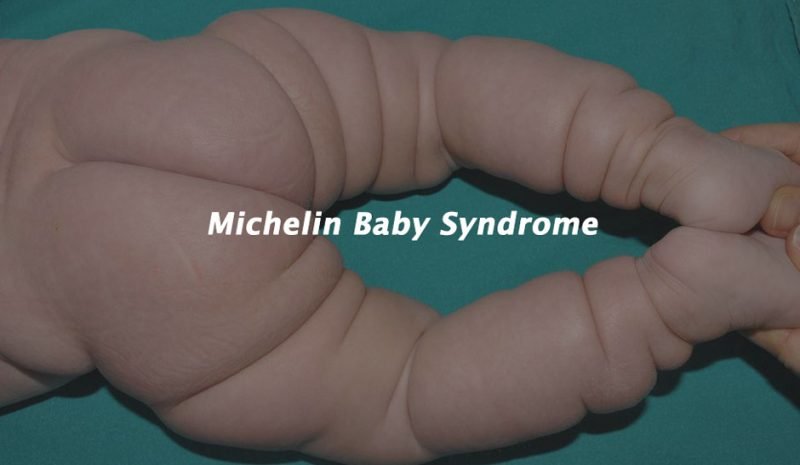
Michelin Baby is a term that has been coined after the Michelin tire manufacturer’s mascot. It refers to a rare medical condition known as Michelin Tire Baby Syndrome (MTBS) or Kunze-Riehm syndrome. This disorder is characterized by multiple, symmetric, deep skin folds resembling the layers of a car tire, especially around the trunk, extremities, and neck. In this article, we will discuss the causes, symptoms, and treatment of this condition.
What Causes Michelin Baby Syndrome (MTBS)?
MTBS is a congenital disorder, which means it is present at birth. There is no known cause of MTBS; however, it has been associated with chromosomal abnormalities, such as Down’s syndrome, Noonan syndrome, and Turner syndrome. It is also observed in babies born to mothers who smoke while pregnant.
Symptoms of Michelin Baby Syndrome (MTBS)
The most notable symptom of MTBS is the presence of deep skin folds around the trunk, extremities, and neck, resembling the layers of a car tire. The skin folds are bilaterally symmetrical, ring-like, and circumferential. Although the patients are usually asymptomatic, some may experience periorbital pitting edema, which usually resolves spontaneously. It is imperative to examine for other physical signs and karyotype to evaluate for any other congenital anomalies that may be associated with the condition.
Treatment for Michelin Baby Syndrome (MTBS)
There is no cure for MTBS. The management for this condition involves reassurance, counseling, and observation. Most cases of MTBS resolve spontaneously without medical intervention. However, medical monitoring is necessary to evaluate any associated congenital anomalies that may require treatment, depending on the severity. Appropriate referrals to neurologists, ophthalmologists, cardiologists, plastic surgeons, and otolaryngologists are essential to ensure the patient is thoroughly evaluated.
Conclusion
Michelin Baby Syndrome (MTBS) is a rare medical condition characterized by deep, symmetrical, bilaterally aligned skin folds resembling the layers of a car tire. Although asymptomatic in most cases, some patients may require further medical evaluation and management of associated congenital abnormalities. As with many congenital disorders, early intervention and management are crucial to improve outcomes for affected people. By understanding this condition better, we can help provide better care for patients diagnosed with Michelin Baby Syndrome.

